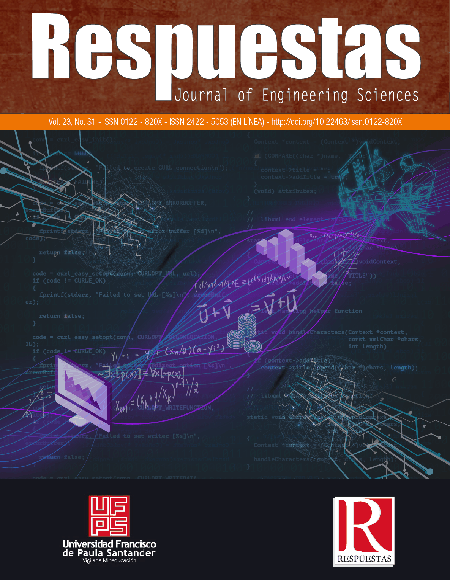The program of 100 million homes, its impact on the social, cultural and environmental dynamics of the beneficiaries of the projects of the municipality of San José de Cúcuta, 2013-2015 period
El programa de las 100 mil viviendas gratis y su impacto en la dinámica social, cultural y ambiental de los beneficiarios de los proyectos del municipio de San José de Cúcuta, periodo 2013-2015
Main Article Content
The concept of decent housing, enshrined in Article 51 of the Colombian political constitution, establishes that all Colombians
have as a fundamental right the access to housing in conditions that guarantee their enjoyment and comfort, a framework that
generates a pillar of strategic development in the government plan of former President Juan Manuel Santos during his first
presidential term in the years 2010 - 2014 and that he takes up more strongly in the subsequent years of his second term. With
the adoption of the national program of the 'One Hundred Thousand Free Housing for the Most Vulnerable', the government
promotes the awarding of free housing for those communities located in strata 1 and 2, victims of the post-conflict and victims,
which due to their fragile socio-economic condition, they could not access other methods of acquiring formal housing in the
different points of the national soil. In agreement, the application of this new public policy, brought with it new territorial
dynamics during its implementation process, dynamics, which are still manifesting in the housing projects that were executed,
as is the case of the projects called Cormoranes, San Fernando del Rodeo, Ciudad Rodeo and Los Estoraques, municipality of
San José de Cúcuta. The present case study of research is aimed at knowing more clearly the impact that the national program
has had on its direct beneficiaries in these housing projects in the municipality of Cúcuta and the underlying social, cultural and
environmental dynamics.
Keywords: Environmental Dynamics,Cultural Dynamics,Social Dynamics,Impact,Housing







